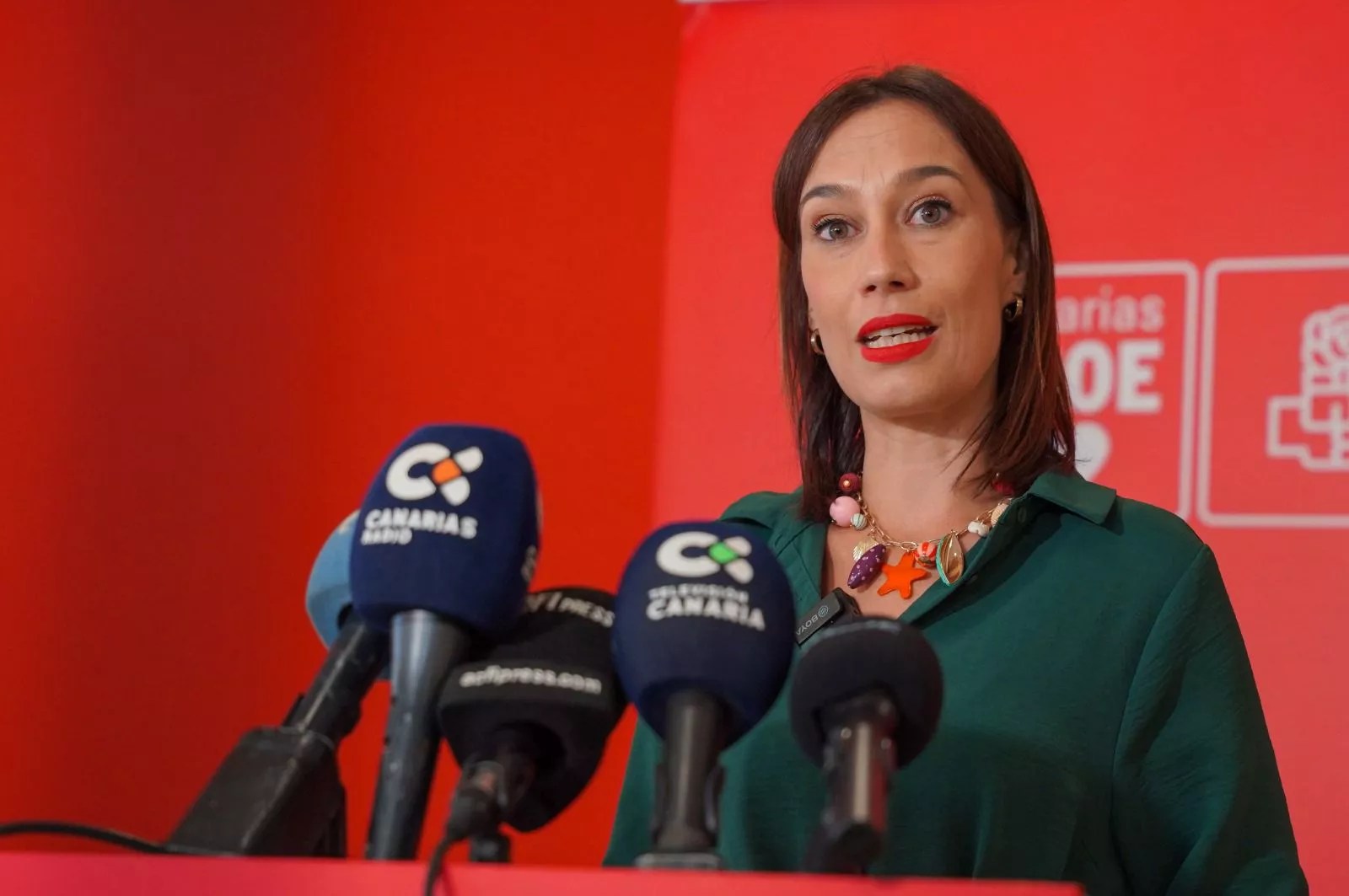Santa Cruz de Tenerife, 31 Mar. (Europa Press) –
The Government of the Canary Islands has initiated a campaign on social media with the slogan ‘beyond visibility: rights, self-determination, dignity and reparation’, aimed at advocating for the human rights of transgender individuals, promoting awareness, and preventing social biases in conjunction with the commemoration of ‘Trans Visibility Day’.
Celso Mendoza, the general director of Diversity, emphasises that the campaign “aims to reclaim democratic memory and advocates for reparations against the pathologisation, dehumanisation, discrimination, and prejudices that transgender people have historically faced.”
The focus is on going beyond mere visibility, as highlighted by transgender groups, who assert that “visibility without tangible changes can lead to a trajectory of violence,” he explains.
Mendoza also underlines “the rights and self-determination, since, as Amnesty International advocates, it is essential to establish non-pathologising gender self-determination mechanisms based on individual choice.”
Additionally, “dignity and reparation are pivotal in recognising the dignity and reparations required for all instances of transphobia, discrimination, and oppression experienced historically, alongside historical memory to ensure no one else feels they must seek permission or forgiveness merely for being themselves or for living their orientation, corporeality, identity, and/or gender expression freely.”
In this regard, the campaign acknowledges individuals who have confronted and continue to challenge structural discrimination, recognising their activism as exemplary within the struggle for the rights of the community: Laura Mendoza, known as ‘La Lecherita’, Rioko Photibon, Noah Cano, Alex García, and Marta Ángel.
The campaign’s creative direction has been led by Nadia Martín, a photographer and journalist specialising in social issues through a class and gender lens.
Rioko Photibon, a poet and co-star of the campaign, asserts that the intention is to “break the chains that restrict the wings,” which can lead to a “better existence” that should belong to all individuals.
In this light, Marta Ángel, another of the featured individuals, argues that “happiness should not entail fitting into a restrictive mould.”
Pink Triangle
Regarding the elements and symbolism of the poster, the pink triangle is reasserted as a symbol aimed at reclaiming the historical memory of the repression faced by LGTBIQ+ individuals.
Today, this symbol is embraced by various groups as a representation of resistance to LGTBIFOBIA discrimination, having originally been used to label sexual dissidents who were persecuted and imprisoned simply for failing to conform to societal norms.
Once a tool of oppression, over the years, it has been reclaimed by LGTBIQ+ movements as a badge of struggle and resistance.
The use of this symbol serves to remind individuals of the progress achieved, the violence perpetuated, and the advocacy of reparation, dignity, and the fight against hate speech, states a government release.
The campaign titled ‘The Natural is Diversity’ aims to challenge and confront the prejudices, myths, and stereotypes often associated with members of the LGTBIQ+ community.
As Celso Mendoza observes, “Fortunately, we have made progress, and the Canary Islands is a leader in laws and social movements that defend the rights of the community, yet it is clear we must persist in combating the lingering stigma.”
















